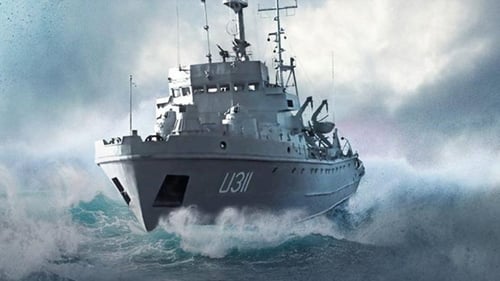Oxygen station
장르 : 드라마
상영시간 : 1시간 40분
연출 : Ivan Tymchenko
각본 : Mykhaylo Brynykh
시놉시스
The film is based on the biographical events of the Crimeans' leader, human rights activist, Soviet political prisoner and Nobel Peace Prize nominee, Mustafa Jemilev. Summer of 1980. Mustafa Jemilev spends a four-year exile in Yakut village Zyryanka, where he works at an oxygen station. Every day he fills rusty tanks with oxygen and rolls them to the dock. This monotonous and exhausting work makes him resembled to the mythological Sisyphus. The events happen after 300-days hunger strike, which made him known all around the globe.









